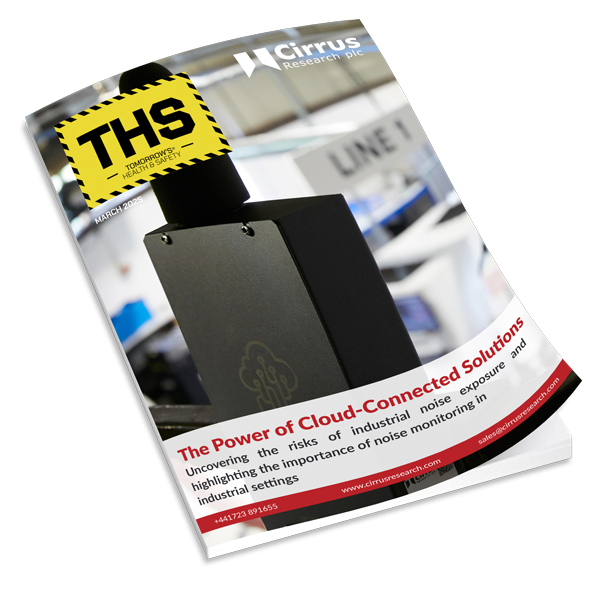A company providing specialised services in rock drilling, cliff stabilisation and rock anchors, and its director, have been sentenced after a number of workers were diagnosed with hand arm vibration syndrome (HAVS).
Plymouth Magistrates’ Court heard how three employees had developed and reported symptoms of HAVS but no action was taken. The employees used tools such as rock drills and jack hammers for cliff stabilisation work which is often carried out by abseiling down a cliff and using the tools horizontally while working from ropes. The affected persons began to experience symptoms such as pins and needles and aching hands, in one case since 2000. An occupational nurse was employed in 2016 and the HAVS problem was identified.
An investigation by the Health and Safety Executive (HSE) found the risk assessment did not identify the actual exposure to vibration and had used out of date vibration data. The investigation also found there was no health surveillance in place until 2016 and employees were not made aware of HAVS and its symptoms. When symptoms were reported, the company had failed to take action.
Celtic Rock Services Limited of Bossell Road, Buckfastleigh, Devon pleaded guilty to breaching Section 2(1) of the Health and Safety at Work Act 1974. The company has been fined £36,667 and ordered to pay costs of £3,560.
Alwyn Griffith Hughes Thomas, director of the company, also of Bossell Road, Buckfastleigh, Devon pleaded guilty to breaching Section 37 of the Health and Safety at Work Act 1974. He has been given a 12-week custodial sentence, suspended for one year, a 12-week curfew and ordered to pay costs of £3,560.
Speaking after the hearing, HSE inspector Caroline Penwill said: “This was a case of the company and its director completely failing to grasp the importance of HAVS risk assessment and health surveillance.
“If they had understood why health surveillance was necessary, it would have ensured that it had the right systems in place to monitor workers health and the employees’ conditions would not have been allowed to develop, one of which was to a severe, life altering stage.”
www.hse.gov.uk
You are here
- Home
- >
- Health and Safety Executive
- >
- Company fined HAVS
Company and director sentenced after workers diagnosed with HAVS

Published on 05/08/2019
Related News
Categories
- CHAS AT SAFETY & HEALTH EXPO 2022
- Agriculture
- Asbestos
- Cleaning
- Compliance & Risk Assessment
- Conferences
- Construction
- Courts
- Culture & Behaviour
- Ear Protection
- Education
- Emergency Evacuations
- Events
- Eye Protection
- Feature
- Fire & Electrical Safety
- Floor Safety
- Gas Detection & Monitoring
- Hand/Arm Vibration
- Hazardous Substances
- Health & Safety News
- Health and Safety Executive
- Hospitals & Healthcare
- Human Factors & Ergonomics
- Hygiene
- In the Courts
- Legislation
- Lone Worker Protection
- Mental Health
- Noise Monitoring
- PPE
- Plant Machinery & Site Safety
- Products & Services
- Prosecutions
- Protective Clothing
- Protective Workwear
- Reports
- Respiratory
- Slips, Trips & Falls
- Standards
- Stress
- Technology
- Training & Development
- Transport & Logistics
- Webinars
- Wellbeing
- Whitepapers
- Work-related Diseases
- Working at height





















